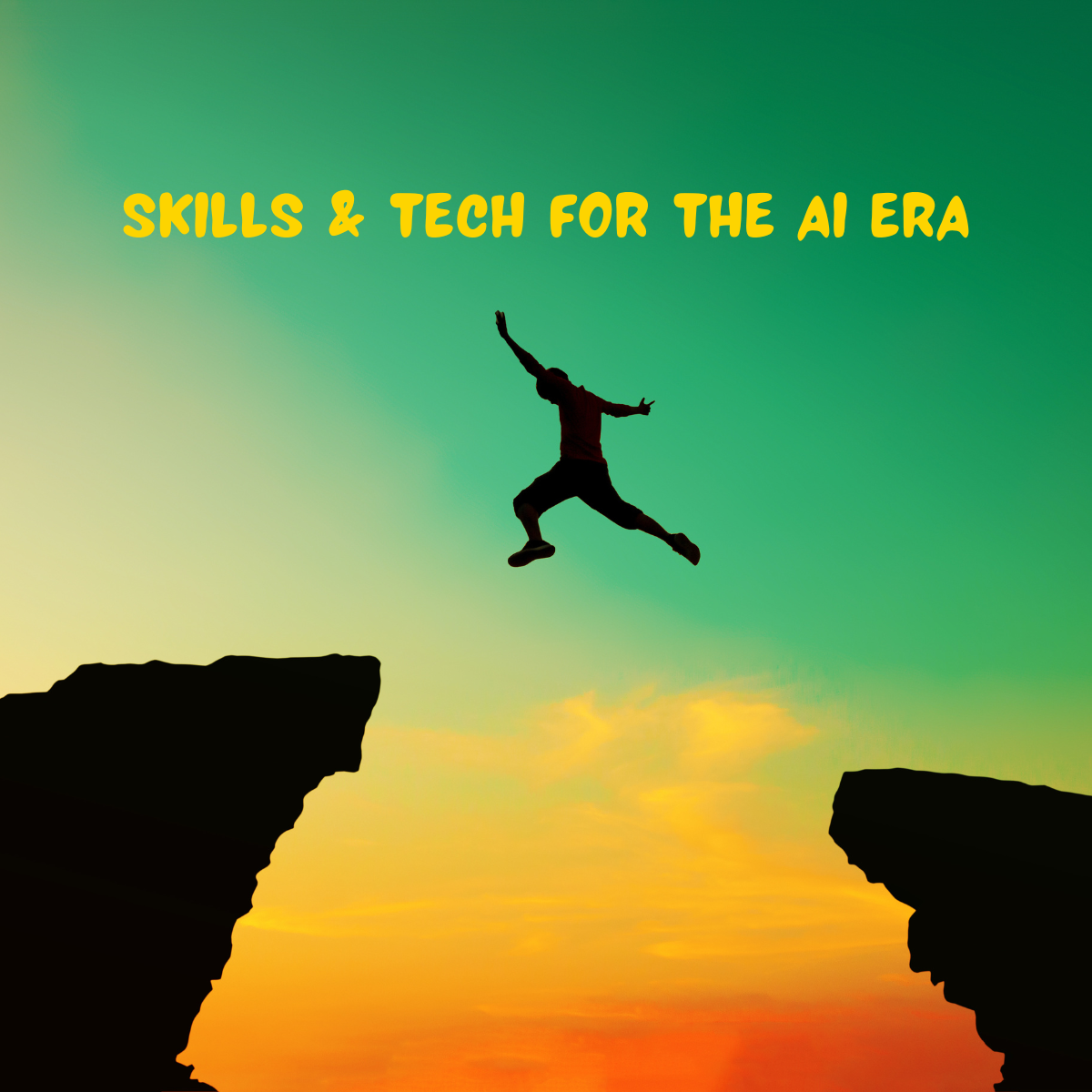Posted At: Aug 15, 2025 - 448 Views

🚀 How Small Businesses Can Thrive in the AI Era: Skills & Tech Upgrades That Matter
AI is transforming industries—automating tasks, enhancing decision-making, and unlocking new opportunities. For small companies, adopting AI can mean:
- ⛳ Boosting productivity through automation
- ⛳ Delivering faster, smarter client solutions
- ⛳ Gaining a competitive edge in the market
- ⛳ Opening new markets and services
But AI success isn’t just about adopting tools—it requires upskilling teams and modernizing technology infrastructure.
📘 Essential Skill Enhancements for IT Teams
1️⃣ AI & Machine Learning (ML) Fundamentals
Your team doesn’t need to become AI researchers overnight, but understanding ML models, frameworks (TensorFlow, PyTorch), and algorithms is essential.
How to get started:
- Enroll in Coursera, Udemy, or edX courses
- Run internal AI bootcamps
- Start small with predictive analytics or chatbot projects
2️⃣ Data Literacy & Analytics
AI runs on quality data. IT professionals must know how to collect, clean, analyze, and interpret data effectively.
Key tools:
- SQL, Power BI, Tableau
- Python or R for analysis
- Cloud data platforms like BigQuery or AWS Redshift
3️⃣ Cloud Computing Proficiency
Most AI solutions are cloud-native. Familiarity with AWS, Azure, and Google Cloud is crucial.
Certifications to consider:
- AWS Certified Solutions Architect
- Azure Fundamentals
- Google Cloud Associate Engineer
4️⃣ DevOps & MLOps Skills
Deploying AI models at scale requires automation. MLOps bridges data science and operations.
Focus areas:
- CI/CD pipelines
- Docker & Kubernetes
- ML deployment tools: MLflow, Kubeflow
5️⃣ Cybersecurity Awareness
AI increases data sensitivity—security must be built in from day one.
What to cover:
- Data privacy best practices
- Secure software development
- Awareness of AI bias and ethics
💻 Technological Upgrades Needed
🛠️ 1. Modern Infrastructure
Legacy systems can’t keep up with AI demands. Move to scalable, cloud-native infrastructure.
Action Points:
- Migrate key workloads to the cloud
- Invest in GPU/TPU resources for deep learning
🧠 2. AI-Powered Tools & Platforms
Integrate AI into daily workflows for productivity gains.
Tools to try:
- GitHub Copilot for coding assistance
- Jasper or Grammarly for content creation
- ChatGPT for brainstorming and automation
- AI-based CRM and analytics dashboards
🔄 3. Workflow Automation
Reduce manual effort with RPA and AI chatbots.
Popular platforms:
- UiPath, Automation Anywhere for RPA
- Tars, Drift, Intercom for chatbots
🌐 4. API-First Architecture
APIs make AI integration seamless across tools and platforms.
Ensure your systems:
- Are modular and service-oriented
- Can easily plug into third-party AI services
✅ Final Takeaway:
Small businesses that invest in AI skills and modern infrastructure will not just keep up they’ll lead in innovation, efficiency, and market reach.
